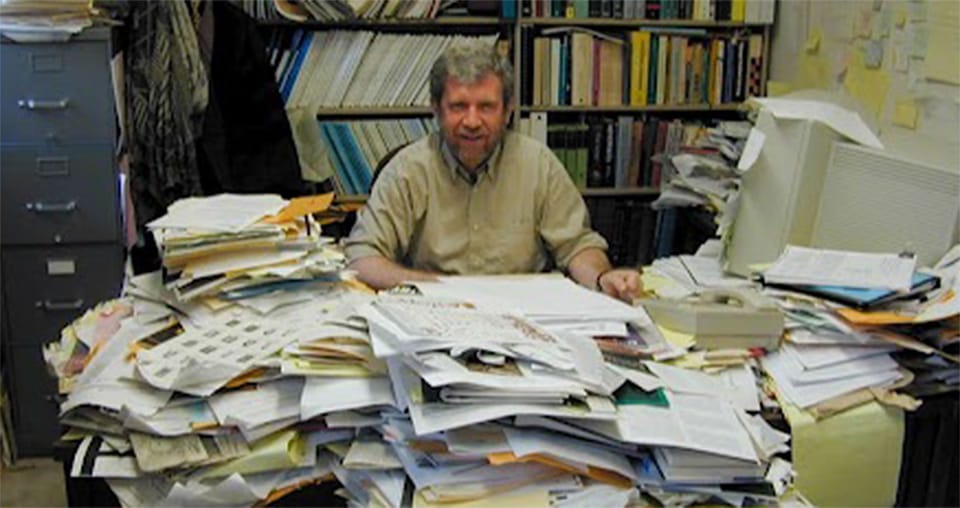Anders Ericsson on Plateaus

A quote from Anders Ericsson on plateaus (this is from his book Peak):
This explains the importance of staying just outside your comfort zone: you need to continually push to keep the body's compensatory changes coming, but if you push too far outside your comfort zone, you risk injuring yourself and actually setting yourself back."
As I mentioned in this post about how we love stability, the body adapts so that it can be comfortable and stable. It wants to plateau and coast! Anders suggests that we need to up the ante to get out of that plateau. We must be pushed outside of our comfort zones again and again.
It's a balancing act though! Push too hard and you can burn out or get injured. Anders recommends finding a sweet spot. In his experiments he has participants try to remember strings of digits. If they can remember seven digits, then he will give them eight digits. If they make a mistake on eight digits, he goes back to six digits. If they get six, back to seven, if they get seven, back to eight. This challenges them to get outside of their comfort zone, but not so much that they are always outside of it.
There is a good lesson from this. We need some level of success and comfort in order to stay motivated and succeed. Keep this in mind as you try to push past plateaus.
I've made this mistake in my own quest to increase my vertical jump. I continuously jumped at a target that I could not reach. I had basically a zero percent success rate. Consequently I wasn't very motivated to jump. When I lowered the target to something achievable, my motivation levels instantly increased. Some research suggests that about a 50 percent success rate is enough to keep us motivated, but also pushing ourselves outside of our comfort zone.
Remaining Concerns
Figuring out how to maintain motivation so we can continuously push ourselves outside our comfort zones is something that I'm constantly thinking about. We don't like being uncomfortable and our body and mind are sneakily working against us on this.
One of my goals is to develop a system that will continuously push ourselves out of our comfort zones.
Continuous improvement also requires a large dose of problem solving. "Run faster" sounds great, but it's not possible to simply run faster even if I'm incredibly motivated. It requires problem solving, creativity, insight, and expertise. Simply doing the same thing with more and more willpower sounds appealing, but only works to a certain point.
For those of you who don't know Anders Ericsson. He was a Swedish psychologist best known for his pioneering research on expertise and human performance. He introduced the concept of "deliberate practice", emphasizing that mastery is not simply the result of innate talent but of structured, goal-oriented, and feedback-driven practice over many years. His work, particularly popularized by Malcolm Gladwell's "10,000-hour rule" in Outliers, demonstrated that while extensive practice is important, it is the quality and intensity of practice that truly lead to expertise. Ericsson’s book, Peak: Secrets from the New Science of Expertise, delves deeper into how purposeful training can develop high-level skills.

Member discussion